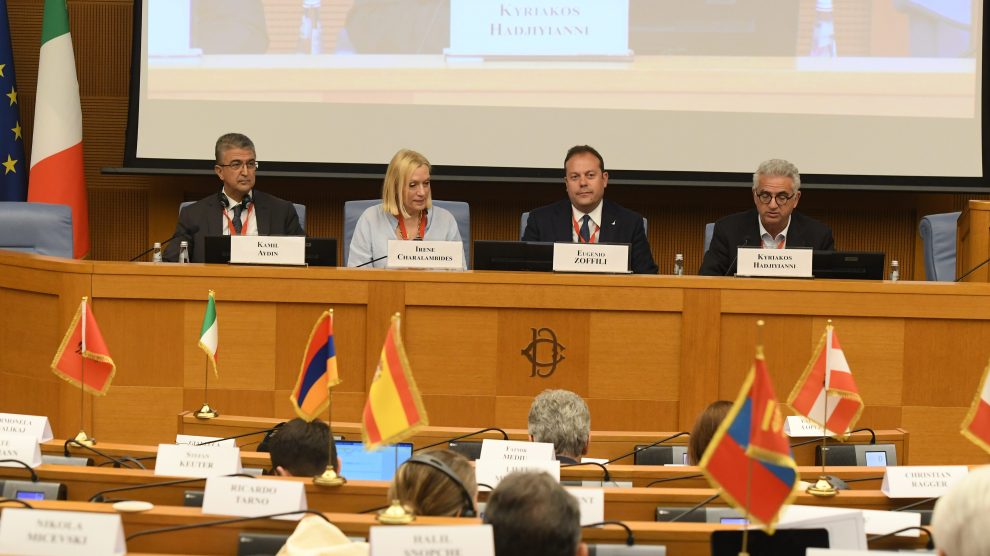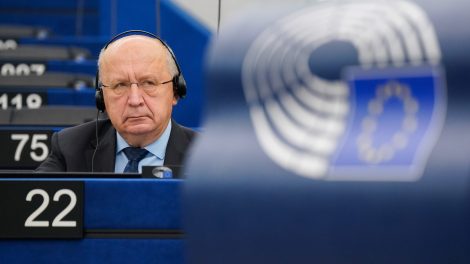When in Rome. The two-day OSCE Parliamentary Conference on the fight against organised crime, hosted in early June by Italy’s Chamber of Deputies, brought together representatives from 33 countries to strengthen international cooperation against transnational criminal networks.
- Ass Organised crime is increasingly transnational and tech-enabled, the Rome conference focused on forging a shared response across borders — aligning policies and capabilities to counter evolving threats.
- Italy, with its advanced legal tools, operational expertise, and inter-agency coordination, is positioning itself as a hub for international anti-mafia efforts.
Key themes. “Criminal networks are misusing emerging technologies like blockchain, cryptocurrencies and AI. A coordinated regulatory response is urgently needed,” said MP Eugenio Zoffili, Italy’s Special Representative to the OSCE Parliamentary Assembly for combating organised crime.
- More than 140 delegates emphasised the need to harmonise legal frameworks and operational approaches across OSCE countries.
Outlook and initiatives. “I’ve proposed the creation of a permanent OSCE Forum on Legality to help structure a long-term, collective fight against organised crime,” Zoffili explained.
- A joint declaration adopted by the South-East Europe Parliamentary Forum reaffirmed regional cooperation and institutional trust as pillars of the anti-mafia strategy.
Italy’s leadership. “Italy has once again proven to be a reference point in the fight against organised crime, thanks to effective models and the commitment of law enforcement and the judiciary,” Zoffili, a member of Matteo Salvini’s party Lega, underlined.
- The conference featured a strong Italian presence — from ministers to senior magistrates and top police officials — highlighting the country’s institutional depth in tackling mafia structures.
What we’re watching. Zoffili’s resolution on the social reuse of confiscated assets will be discussed at the OSCE Parliamentary Assembly’s Annual Session in Oporto (June 29 – July 3).
- If approved, it would mark the first formal step toward establishing the new Forum on Legality, which Italy is spearheading.





